Jewish Life in Azerbaijan: Mountain Jews and Modern Miracles
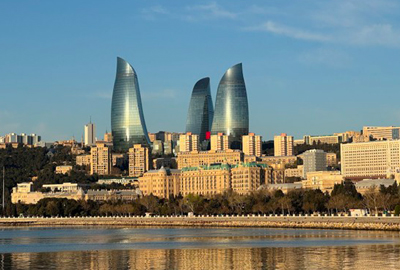
This past April, I traveled to Azerbaijan on a Study Mission with 120 others in JFNA’s (Jewish Federations of North America) National Young Leadership’s Cabinet program (“Cabinet”).
Cabinet is a five-year program that cultivates, trains and inspires volunteers aged 30-40 for leadership roles within the Jewish community.
A Study Mission is an annual trip that Cabinet takes to an international destination where Cabinet members can see firsthand the international work done by JFNA’s partners.
Azerbaijan (population ~10M) is a country with colorful and at times pugilistic neighbors. Russia to the north, Iran to the south and Turkey to the west (just past Armenia and Georgia). To Azerbaijan’s east is the Caspian Sea, inside which you will find caviar-producing sturgeon and underneath which you will find oil. Lots of oil.
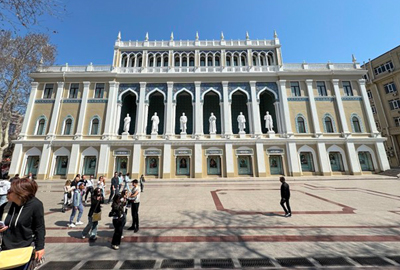
Azerbaijan enjoys extremely friendly relations with Israel. On our first night in Baku, the capital, we met with George Deek, the Israeli ambassador to Azerbaijan. We learned that Azerbaijan, a 96% Muslim-majority country, supplies Israel with over 60% of the gasoline it consumes. There are a few direct flights daily between Baku and TLV.
On our second evening in Baku, we met with Hugo Guevara, the Chargé d’Affaires (acting ambassador) of the U.S. Embassy in Azerbaijan.
Jewish Life in Azerbaijan
In learning about the Jewish presence in the country, we were introduced to the history of the “Mountain Jews.” These are Mizrahi Jews primarily living in modern-day Azerbaijan and in parts of Russia abutting Azerbaijan. Their language, Juhuri, is a Persian language with elements of ancient Hebrew.
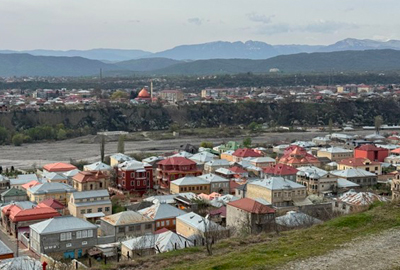
We traveled to Quba, home of the Mountain Jews in Azerbaijan. Quba is sometimes referred to as Europe’s last shtetl (Jewish village). A river flows down from the Caucasus Mountains, passing through Quba, where on one bank you will find Muslim Azeris, and on the other bank, the Mountain Jews.
We were pleased to learn that this was never a ghetto; indeed, the Mountain Jews and more generally Jews of Azerbaijan have always enjoyed positive and productive relations with their sovereigns.
Most of Azerbaijan’s Jews (~30k per JNS, ~7.2k per WJC) live in Baku. We toured both of the synagogues in Baku. One practices Ashkenazi customs; the other practices Mountain Jew customs.
Baku itself is a modern city, with a metro/subway, lots of shopping, and clean, well-paved streets. Indeed, Baku is known to many as being home to the Azerbaijan Grand Prix 2025 – F1 Race.
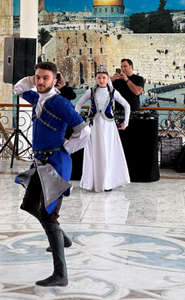
We attended an Aliyah Ceremony, hosted by The Jewish Agency for Israel, where we were placed at tables with individuals and families planning to make aliyah. I was seated at a table with a family of four – two parents and two teenagers – who shared that they were planning to make aliyah to be close to the husband’s mother, brother and other relatives.
We visited the Ohr Avner Chabad Day School in Baku. We made matzah with kids in elementary school, spoke Hebrew with students in middle school and spoke with high schoolers about their graduation plans.
For me, the trip was a powerful reminder of JFNA’s vital role in supporting Jewish communities wherever they are.
JFNA represents 146 independent federations across North America, including The Associated.
Subscribe to our newsletter
The Associated is a home for everyone in the Baltimore Jewish community. We offer several email lists to help people find a community, engage with their peers and support Jewish journeys around the world.
Join Our Mailing ListAdd Impact to Your Inbox
Sign up for our newsletter
Subscribe to our newsletter
The Associated is a home for everyone in the Baltimore Jewish community. We offer several email lists to help people find a community, engage with their peers and support Jewish journeys around the world.
Join Our Mailing List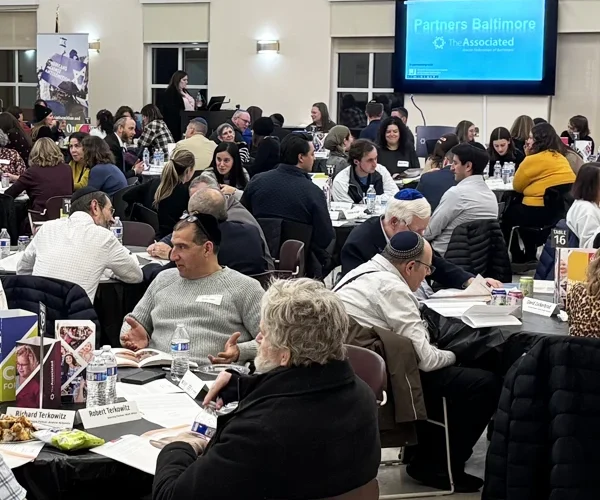
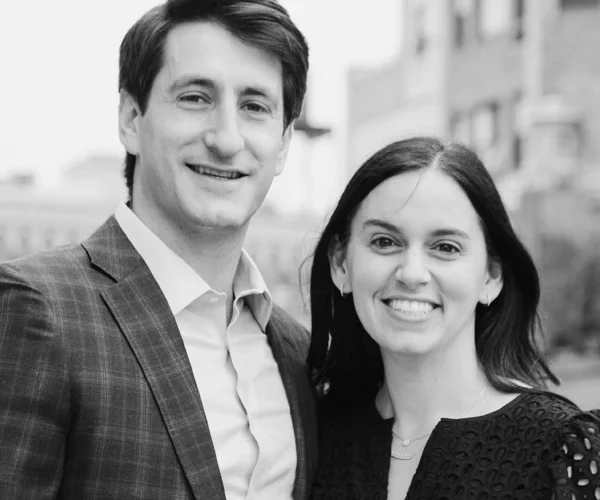
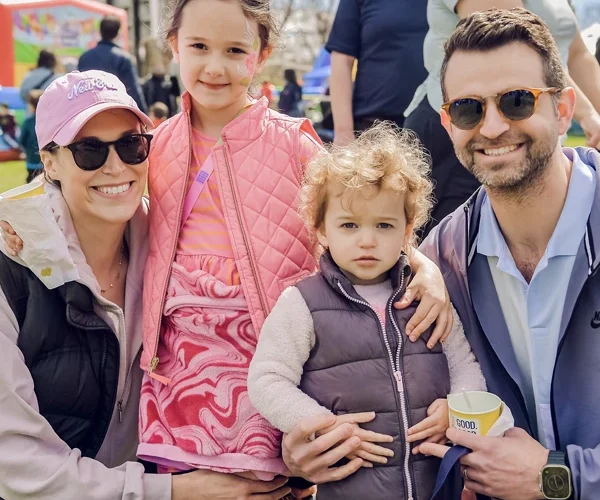
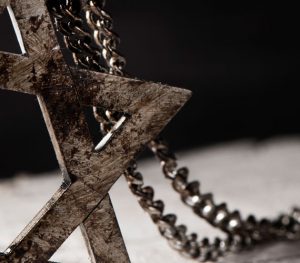
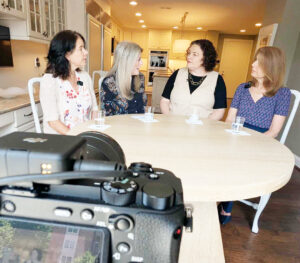
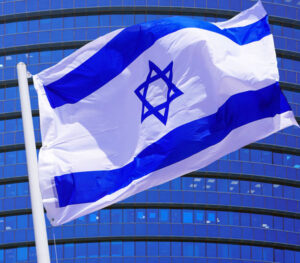

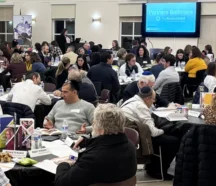

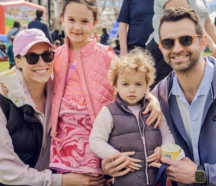
 Please Wait while we loading your video.
Please Wait while we loading your video.